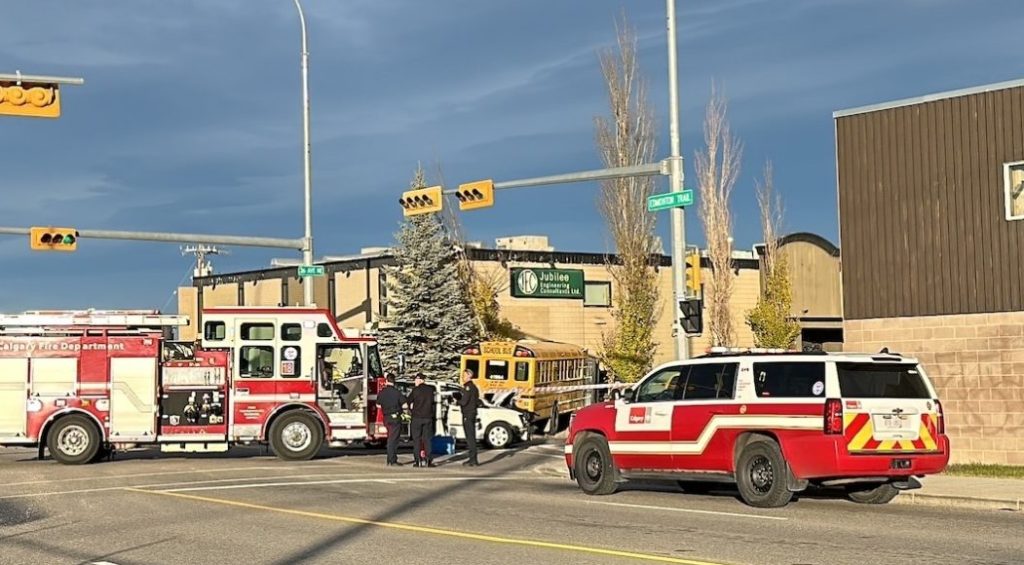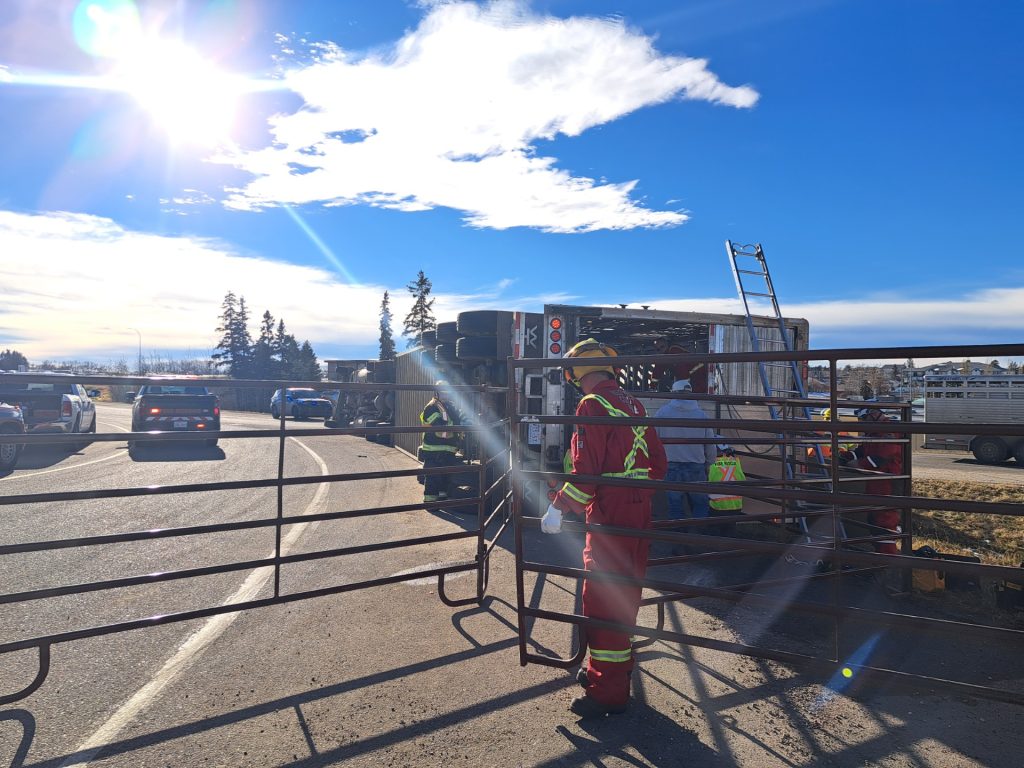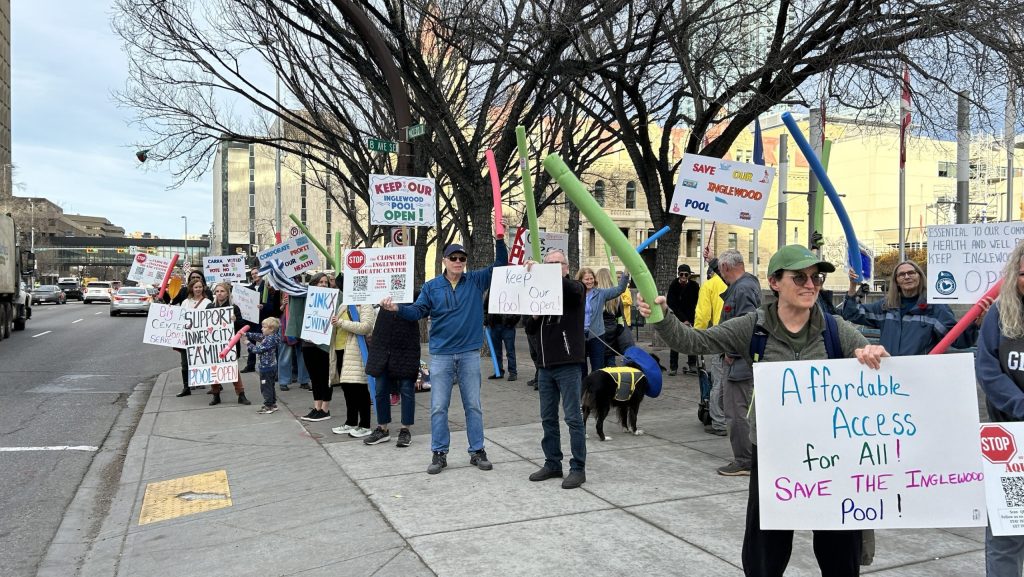Justice Minister looking to tackle crime across Alberta
Posted Jan 22, 2020 4:42 pm.
Last Updated Jan 22, 2020 4:43 pm.
CALGARY (660 NEWS) – The provincial government is maintaining a focus on tackling rural crime, as justice ministers meet in British Columbia.
Alberta Minister of Justice Doug Schweitzer is holding discussions with his counterparts and calling for more action from the federal government to help the situation.
“We’re trying to make sure that all Albertans know that we’re fighting for them to make sure we address this crisis in our province,” Schweitzer said from Victoria in a phone interview with 660 NEWS on Wednesday.
Schweitzer said the issue getting so bad in some cases that he hears about people “sleeping with axes under their beds” and guns next to them, as they are worried they may become victimized.
Last year, the province released details of a plan to increase police funding to cut down on police response times and target elements of organized crime.
READ MORE: UCP announces measures to curb rural crime
Now, Schweitzer wants some legal changes to come from Ottawa.
“Step up to provide criminal code amendments to make sure we have harsher penalties for those criminals that are targeting remote locations in rural Alberta. They’re targeting these people because they know the police are far away, they’re targeting them because they know their neighbour is not close by,” he said.
Schweitzer added that this is mainly a problem in the prairie provinces and feels he is getting support from colleagues, including in Saskatchewan and Manitoba.
But moving to the urban centres, Schweitzer also had thoughts on rising gun violence in Calgary and how that can be mitigated.
“We see these upticks now and again in Calgary regarding organized crime violence. The vast majority of this appears to be gang-on-gang turf war,” Schweitzer said.
Echoing comments made on Tuesday made by Premier Jason Kenney, Schweitzer said he is not a fan of a gun ban as he believes it will punish law-abiding gun owners and not create an improvement in gang violence.
Instead, he thinks investments made to the Alberta Law Enforcement Response Team (ALERT) will be helpful in suppressing gangs along with taking guns and drugs off the streets.
There is a push being made to ban guns, with the federal government indicating earlier in the week they may leave the option open for municipalities to prohibit handguns. Also, Councillor George Chahal told 660 NEWS one idea he has explored is holding gun manufacturers responsible for violence committed with their weapons.
Meanwhile, Schweitzer does believe a push to create a public safety task force in Calgary can offer some solutions and he is open to cooperation.
READ MORE: Critics oppose task force, gun ban as council looks to tackle rise in crime
“I always want to make sure we listen to Albertans and Calgarians. I applaud the efforts of Mr. Chahal who’s brought forward concerns from his community,” he said.
RURAL AND URBAN CRIME ARE INTERTWINED
Mount Royal University Justice Studies Professor Doug King agreed with Schweitzer and Kenney that a gun ban would not be helpful.
“Criminals don’t register their weapons, law-abiding citizens do. If you’re going to take weapons away from law-abiding citizens, you’re not likely to make a dent on anything of any substance in terms of crime,” he said.
Referencing data from police in Toronto, King said many guns are being smuggled into the country either from the United States or overseas so it would be more trouble than it’s worth to ban guns in this country.
But he also refuted the claim from the provincial government that this is simply turf wars between gangs.
“There’s that West Side Story image of gangs and turf and all that. That’s not what it is. Gangs are increasingly more geographically mobile, they’ll sweep into a city, they’ll be here for six months and then they’ll leave,” he said. “It’s largely related to profits related to things like contraband drugs and prostitution. If you realize that what you’re doing is drug-related, then you tackle the drug problem.”
This concept was touched on by Premier Kenney on Tuesday, as he called on the federal government to reintroduce mandatory minimums for narcotics and firearms offences and to do more to combat drug smuggling, particularly fentanyl coming from China.
However, Kenney did not have much to say about community initiatives that focus on at-risk youth, something that King believes needs more focus.
“The appropriate kind of preventive education with young people and youth at risk is very important,” he said. “It just takes time to mobilize resources to address the problem.”
That relates to the task force once again, but in this case King thinks the police may be better equipped to handle it.
“I wonder about whether or not the task force is necessary. Why not seek collaboration with the Calgary Police Service? It seems to me that they should be the ones leading this as opposed to city council,” King said. “I’m somewhat skeptical about what will come of it, other than perhaps a political outcome of being able to mobilize the provincial government in terms of funding.”
To loop everything together, King said that for rural crime to be cut down, the issues in places like Calgary need to be handled first because the problems are intertwined.
“Much of the rural crime problems are related to the realities of drugs and all sorts of other problems that are occurring within the city,” King said. “So what’s happening are people who are leaving the city to go into rural areas to rob and steal.”
“The problem is if you handle the issue of drugs and deal with the issue of drug addiction, we’ll have long-term benefits when it comes to crime and criminal activity. Yeah, investing in police is great but we also need to invest in the social programs that deal with addiction.”
King commended the province putting more funding into drug treatment courts, as it will help keep criminals away from drugs and turn their lives around, but the never-ending cycle of policing and incarceration will not end the situation we are currently in.
“Everybody who has any kind of experience looking at issues of crime knows that the correlation between drug addiction and the social problems that roll out of that — and crime is one of the social problems that rolls out of that. If people say, well, put people into prison because they’re addicted and hope that they’re not going to return to their addiction when they get out, they just don’t know the realities,” said King. “For those people who say addicted people should just stop, it’s clear they don’t know anybody who has an addiction.”
“We need a much more concerted social response to issues of crime, rather than just more cops and take guns off the street. Might get you some votes, but it’s not going to get you a solution to the problem.”








